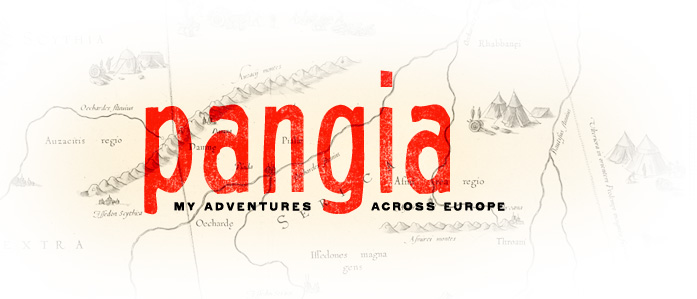The heavy and constant beat of a metronome filled the white noise of Leningrad’s radio waves. For 900 days and 900 nights this dull beat rang out as the heartbeat of the city. It was the only signal that Leningrad was still alive; the only sign that Leningrad had not been over taken by the Nazis. With borders, roads, and all means communication cut off, the city was completely isolated. No aid from Moscow, no food from Ukraine, no one from this, the largest country in the world, could come to the aid of the city. As food ran out, as land froze over, and as a constant state of starvation took hold of Leningrad, desperation could be seen in every corner of the city. People ate what leather goods they had, they made bread from sawdust, at times even the dead were consumed. The drive to live was there, yet the means by which to survive were not. Still the metronome rang out. Still the city was alive.
Many people would agree that Russians are of the hardiest stock of humanity. And how could they not be? With the entire northern border running along the Arctic Circle, with much of the land in entrapped in permafrost, and with a history of endless unrest and struggles for power, the perseverance of the Russian people is something to be respected. After the 900 days and 900 nights of The Siege of Leningrad, the city prevailed and survived, driving out the Nazis and reclaiming their lives. Not without loss. A city that once boasted 3 million was now home to only 1 million. The rest were among the massive losses of WWII.
Saint Petersburg (formerly Leningrad) is still feeling the effects of the Seige. Memorials can be seen all over the city; some serve as museums, others as mass graves. There are those living now in the city that survived the siege. Many more are the children and grand children of those who lived through the 900 days.
When you think of Russia you think of communism, bears on unicycles and perma-frost. Now, when I think of Russia I think of a people group who have experienced massive upheaval and immense suffering throughout their history. And now, as I walk down the streets of Saint Petersburg seeing faces void of emotion and experiencing a people who seem rather cold at times, I know that this is survival. These are a people who are beyond the façade, beyond the formality of cordiality; they are a people who live as their history taught them to live. I’m taking this lesson to heart.
